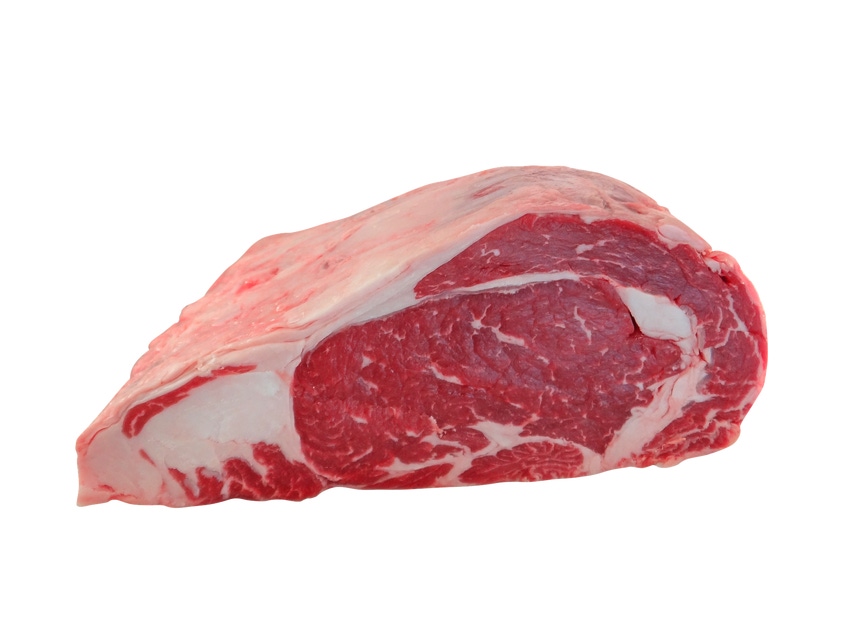Robust list of biomarkers related to beef tenderness released.
October 7, 2020

Ground-breaking analysis has led to the publication of the world’s most robust set of beef tenderness biomarkers and major molecular signatures of beef tenderness arising from research led by Dr. Mohammed Gagaoua, a Marie Skłodowska-Curie Career-FIT Fellow at the Teagasc Food Quality & Sensory Science department in Ireland.
Many large -omics data sets, especially proteomics, have been generated in the quest to identify molecular signatures for meat tenderness that, in turn, will lead to the development of a management system for guaranteed beef tenderness, Teagasc said.
Due to variations in experimental approaches — e.g., cattle type, age at slaughter, etc. — in generating these data sets, there is a need for a holistic and integrative study (integromics), the research organization said. An integromics approach is one that integrates and interrogates large and complex data sets.
Employing an integromics approach, Teagasc said Gagaoua’s publication is the first of its kind and has provided clarity on the most consistently and robustly identified biomarkers of beef tenderness. It gathers data from 28 independent proteomics-based experiments from which a comprehensive list of 124 biomarkers initially was identified.
From these, the authors shortlisted a panel of 33 robust candidates worthy of evaluation using targeted or untargeted data-independent acquisition proteomic methods to develop future predictive tools, Teagasc explained. Furthermore, this research, as well as revealing the main molecular signatures, has also provided key insights into the interconnectedness among various pathways and processes in the muscle that are pivotal in producing high-quality beef.
Gagaoua said this study “revealed the relevance in the order of importance of muscle contractile and structure proteins, energy metabolism proteins, response to stress proteins and oxidative stress proteins in the determination of beef tenderness.”
The authors reported that most of these pathways and proteins directly or indirectly impinge on apoptosis onset in postmortem muscle.
Dr. Anne Maria Mullen, co-author and Teagasc academic mentor to Gagaoua, explained that “while many advances have been realized in improving beef eating quality, unexplained variation remains. This integromics approach has been pivotal in identifying the most important and relevant molecular targets to advance our knowledge and lead to the development of systems for guaranteeing beef tenderness.”
Declan Troy, co-author and assistant director of research at Teagasc, highlighted the value of the research study in bringing together vast omics studies in an applications-focused manner to address gaps in knowledge and technology to greatly increase the efficiency of the beef industry at national and global levels.
The publication on the biomarkers of beef tenderness was published in Meat Science by a team of researchers at Teagasc and Meat Technology Ireland, in collaboration with prominent meat scientists from INRAE (France), Centro Tecnológico de la Carne de Galicia (Spain), University of Melbourne (Australia), Centro de Investigacion Veterinaria de Tandil (Argentina), Virginia Tech and New South Wales Department of Primary Industries' Centre for Red Meat & Sheep Development (Australia).
You May Also Like


.png?width=300&auto=webp&quality=80&disable=upscale)
